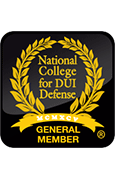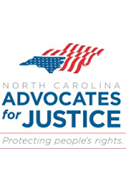What to do if facing arrest
Getting stopped by the police is scary, and many people do not understand their rights or how to act when faced with questions. There are ways to act within one’s rights without escalating the situation. If the police do make an arrest, it is important to know how to act so someone does not unknowingly incriminate him- or herself. Rights if stopped by police Whether in a car or on foot, the ACLU states that no one has to answer certain questions, such as those regarding where someone lives, what someone is doing, the country of origin or where someone is going. In...
Continue reading






















